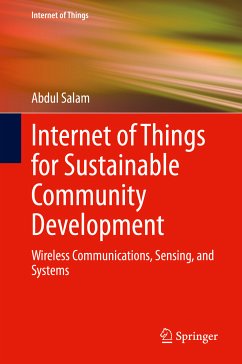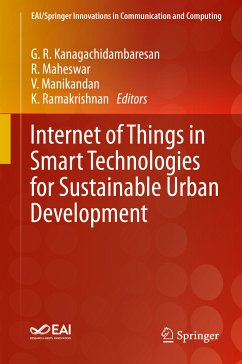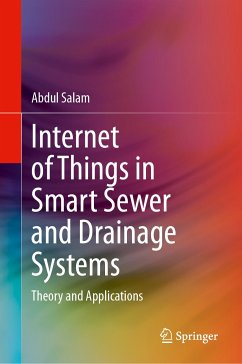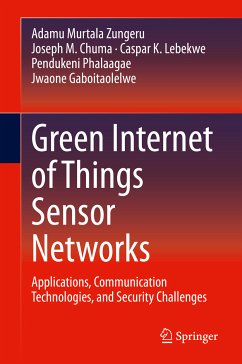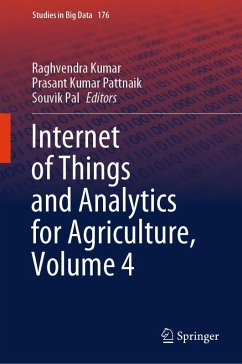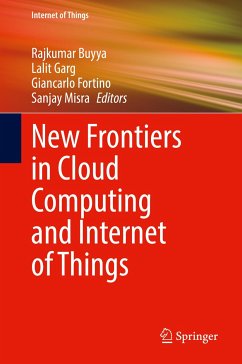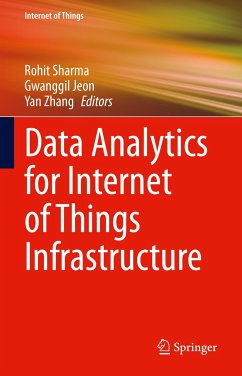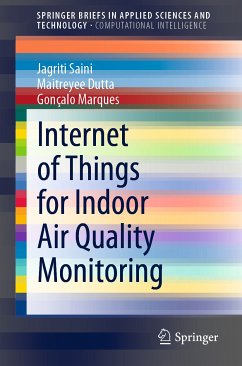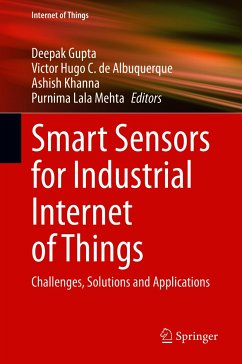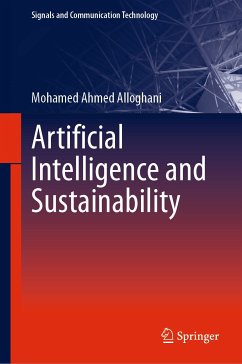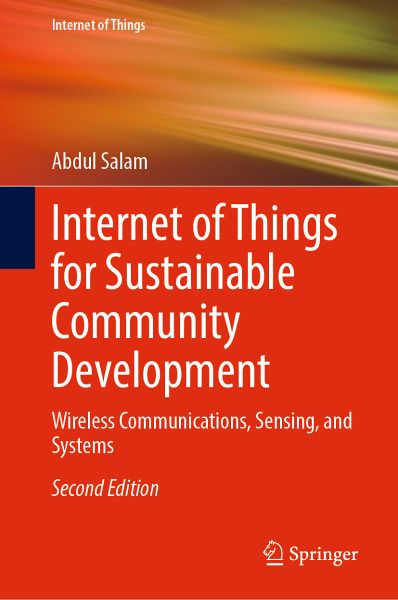
Internet of Things for Sustainable Community Development (eBook, PDF)
Wireless Communications, Sensing, and Systems
Versandkostenfrei!
Sofort per Download lieferbar
104,95 €
inkl. MwSt.
Weitere Ausgaben:

PAYBACK Punkte
52 °P sammeln!
This updated book presents research on how Internet of Things plays a part in shaping the future of our communities. The author shows how the research and education ecosystem promoting impactful solutions-oriented science can help citizenry, government, industry, and other stakeholders to work collaboratively in order to make informed, socially-responsible, science-based decisions. The author also provides updated data on how communities can address complex, interconnected socio-environmental challenges. This book addresses the key inter-related challenges in areas such as the environment, cli...
This updated book presents research on how Internet of Things plays a part in shaping the future of our communities. The author shows how the research and education ecosystem promoting impactful solutions-oriented science can help citizenry, government, industry, and other stakeholders to work collaboratively in order to make informed, socially-responsible, science-based decisions. The author also provides updated data on how communities can address complex, interconnected socio-environmental challenges. This book addresses the key inter-related challenges in areas such as the environment, climate change, mining, energy, agro-economic, water, and forestry that are limiting the development of a sustainable and resilient society -- each of these challenges are tied back to IoT based solutions.
Dieser Download kann aus rechtlichen Gründen nur mit Rechnungsadresse in A, B, BG, CY, CZ, D, DK, EW, E, FIN, F, GR, HR, H, IRL, I, LT, L, LR, M, NL, PL, P, R, S, SLO, SK ausgeliefert werden.



